The gaming culture has existed for decades. From Space Invaders to Fortnite, complexity has certainly changed but the inherent competitiveness amongst players has always remained the same.
As the industry has evolved, so too have the perceptions towards video games. For the dedicated gamers, it's moved far beyond just a hobby - it's a lifestyle. The competitive gaming community has grown to the point where it's become a global sub-culture. eSports has exhibited exponential growth in merely a few years, achieving statistical milestones similar to, or even greater than, those in the professional sports industry.
The eSports Economy
eSports is still relatively new for many people, but it's already turning heads and causing people to re-think their perceptions towards gaming.
1. It has the numbers to prove it
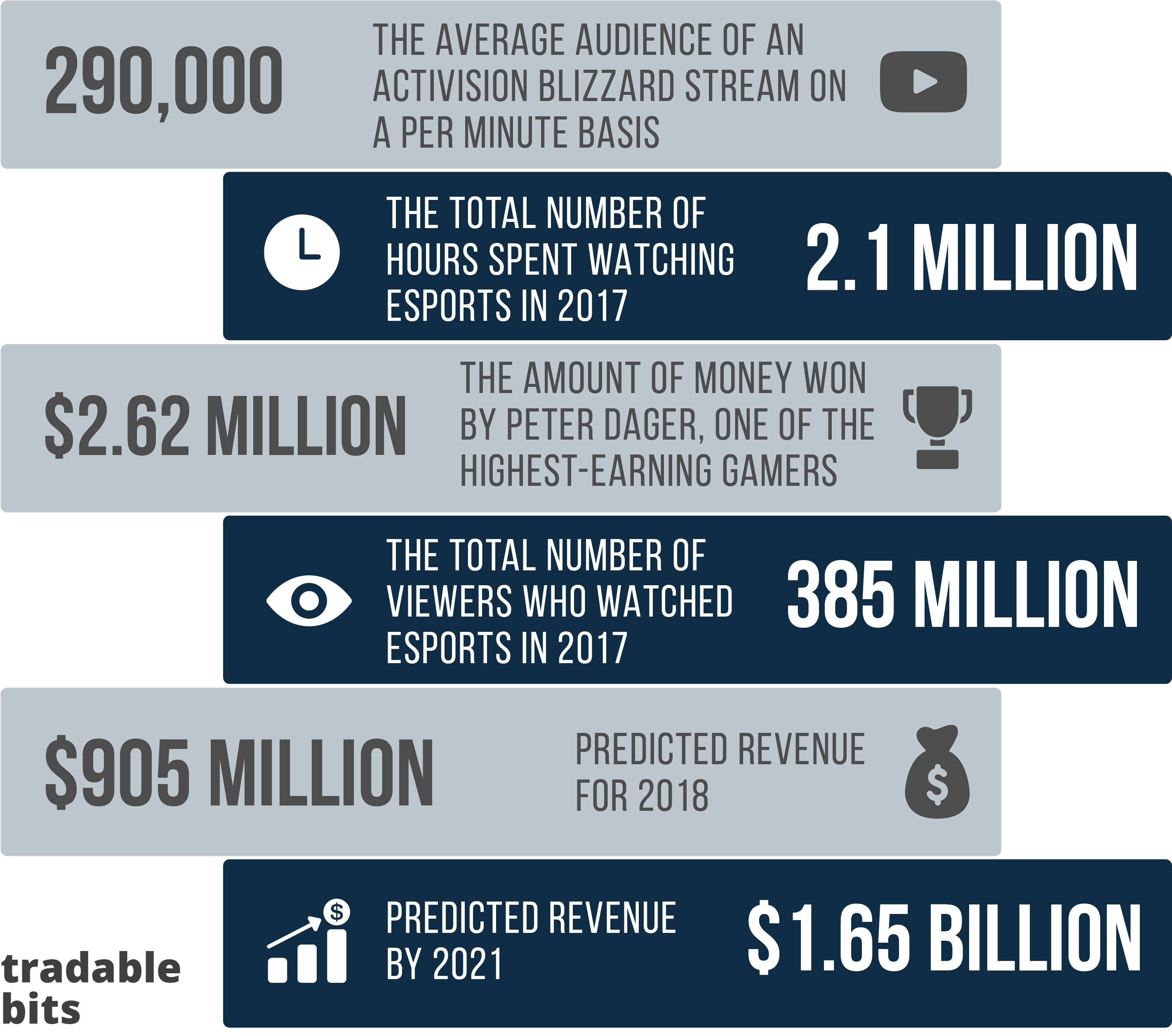
2. Sponsorship opportunities are pouring in
Some of the world's largest brands - namely Coca Cola, Red Bull, Mercedes-Benz, and Adidas - have taken notice of the rise of eSports and the amount of attention it draws. The industry is booming and companies are writing significant cheques to have their brands attached to a team.
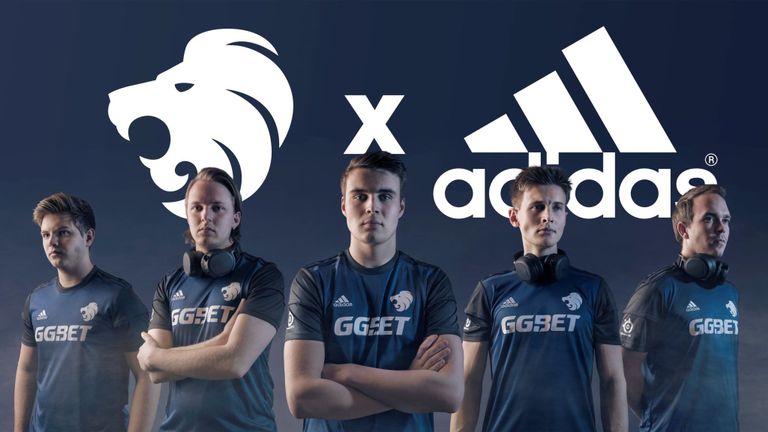


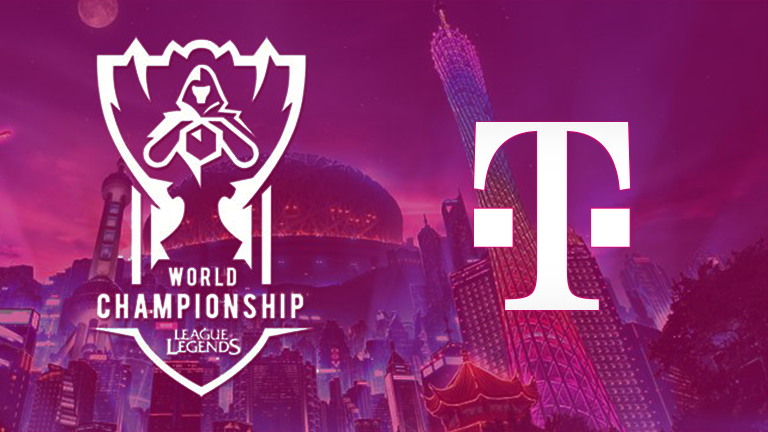
According to Newzoo, almost 75% of its $700 million revenue was sourced from sponsorships, advertising, and media rights in 2017.
3. It's rapidly expanding
The global gaming community has always been strong, although it's never been as large as it is today. With the rising popularity of the live streaming platform Twitch, gaming entertainment is easily available and free to access. According to Credit Suisse, the number of eSports fans increased by 19% to 335 million, and the number is expected to climb to over 550 million by 2021.
Universities are embracing the eSports trend with dedicated clubs and tournaments, with some schools even offering scholarships like they would for traditional athletics. Exclusive eSports arenas are being developed around the world, with most construction taking place in North America's major cities. The arenas contain everything an eSports fanatic would want: large LED screens, strobe lights, hangout spaces, and a large main stage.
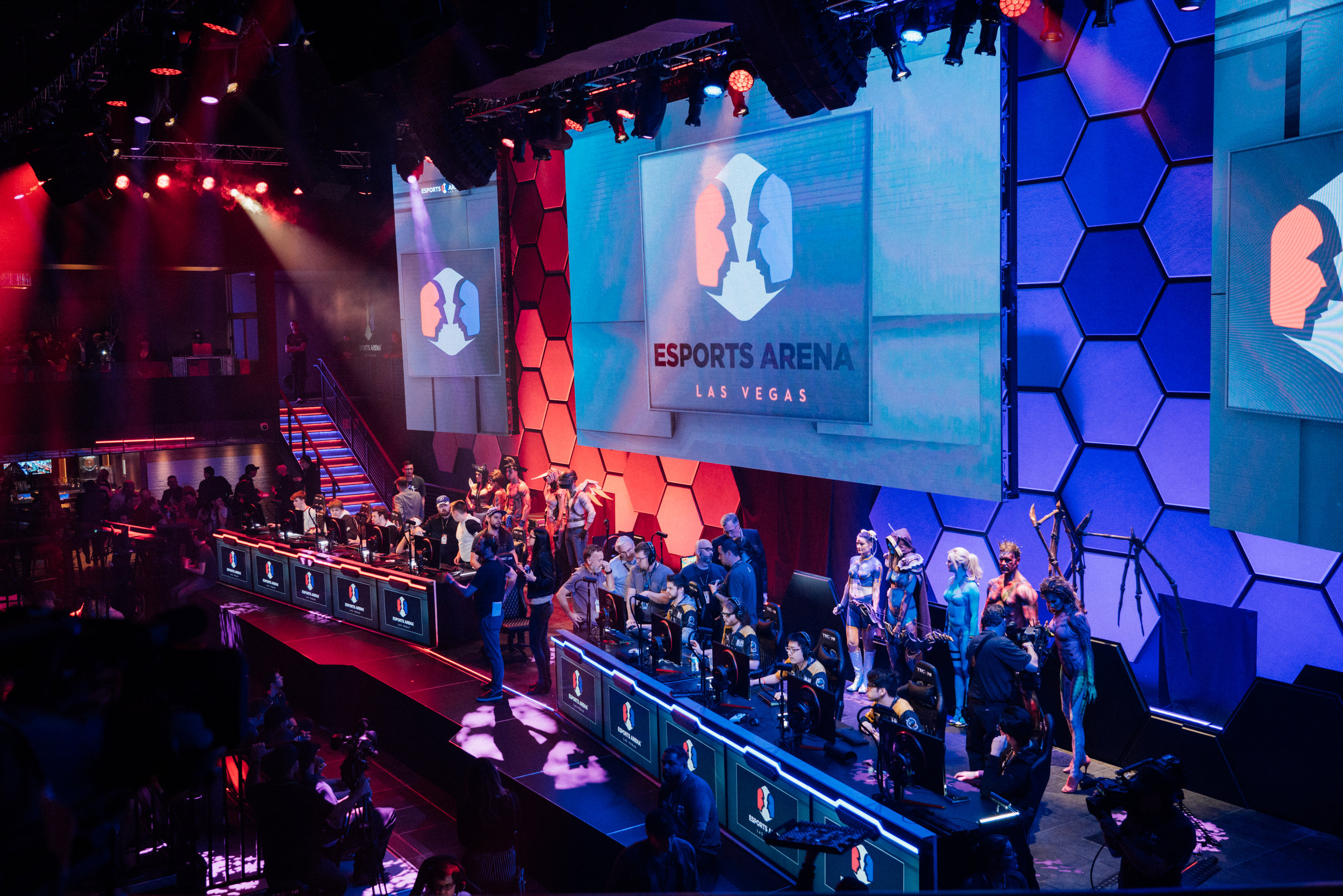
4. It's creating job prospects
With the progression of eSports to its current scale, it's become a business. Not unlike professional sports, the industry is comprised of the players, managers, and behind-the-scenes corporate employees.
Aside from the gamers - who earn prize money on top of their base salary - eSports teams and events require the same resources as traditional sports leagues.
Sports therapists help with both the physical and mental consequences of the sedentary gamer lifestyle, ensuring that the players don't become stiff or suffer from mental burnout.
With the world of eSports taking place on digital playing ground, an immense amount of data can be collected and put to the players' advantage. Analysts and strategists are similar to coaches in that they help the gamers uncover patterns and improve techniques.
The corporate side of eSports is just as valuable to its rapid expansion as the actual players. Marketing and promotional experts are utilized to promote the competitions, resulting in millions of dollars in investment and sponsorship opportunities. Further, event planners are required to conceptualize the design process while also ensuring that its production is unique and unlike any other competitive sports environment.
5. Its events draw significant crowds
eSports tournaments are a common occurrence today and result in thousands of gamers and fans congregating at the event. Major arenas and large warehouses are rented out to not only allow gamers to test out their skills against each other, but also for fans to take in the heated competition.
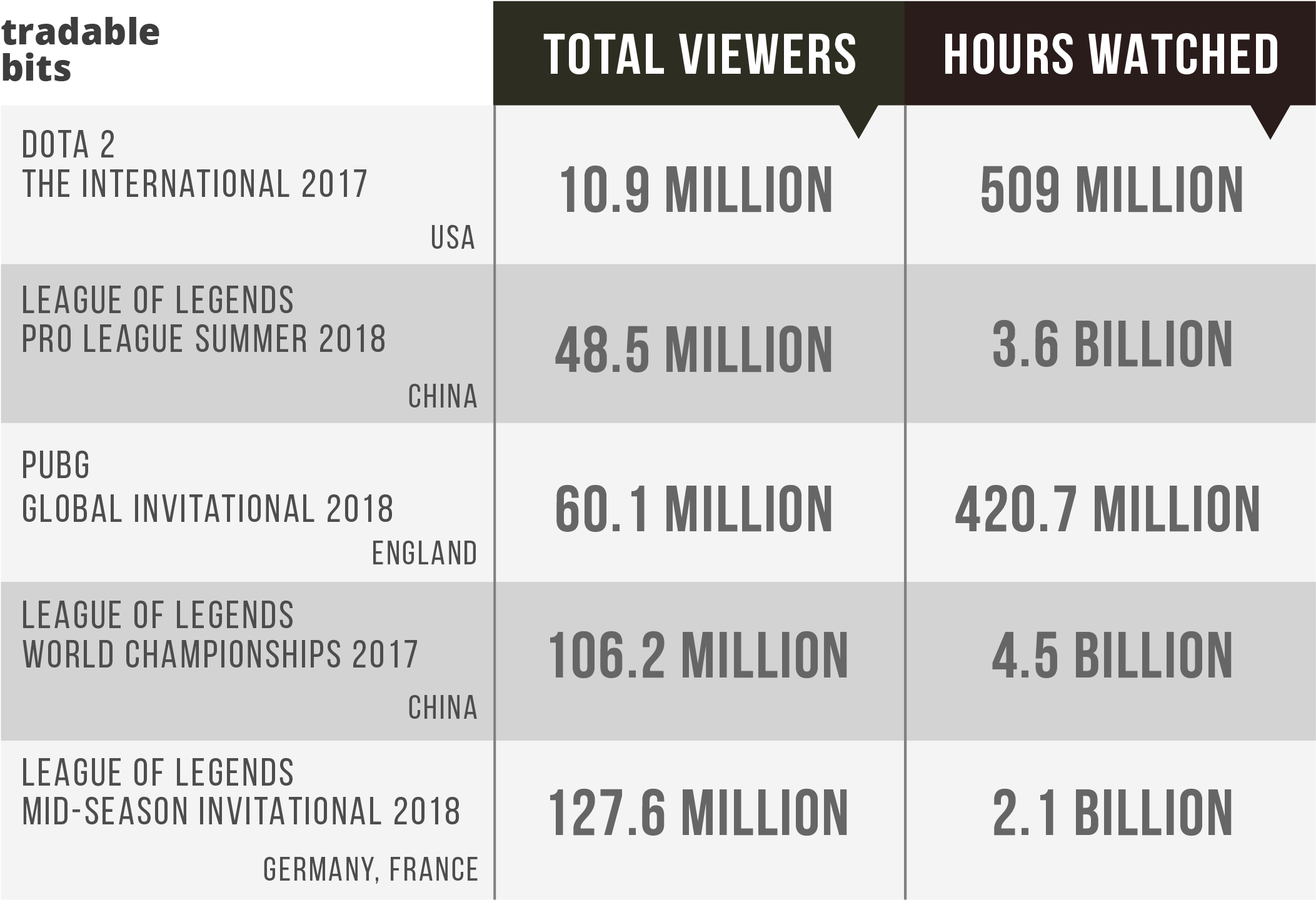
We live in an era where playing video games has become its own industry. Hundreds of millions of people around the world have embraced the world of eSports and a significant amount of money is being poured into its newly-formed and quickly-expanding economy. It's creating employment opportunities and significant global brands desperately want in on the action.
The International, an annual DOTA 2 championship, is one of the largest eSports tournaments in the world. Its prize pools have totalled over $53 million over seven years, with the past four tournaments handing out $48 million in prize money. The numbers are continuing to increase each year, with the 2018 jackpot estimated to be over $30 million.
With eSports-specific arenas being built in all parts of the world, the world of eSports will become more noticeable by the casual citizen. The National Basketball Association's 2K League is the first significant embrace of gaming by a North American professional sports league, which brings into question whether other organizations will adopt a similar model. Global tournaments are making headlines with the amount of hype and attention it draws, causing the world to take notice that video games aren't just a way of passing time anymore.
Where do we go from here? Despite its already-significant popularity, eSports is only in its early stages of development and the potential is sky-high.
Stats courtesy of Forbes, We Are Top 10 and ESC.